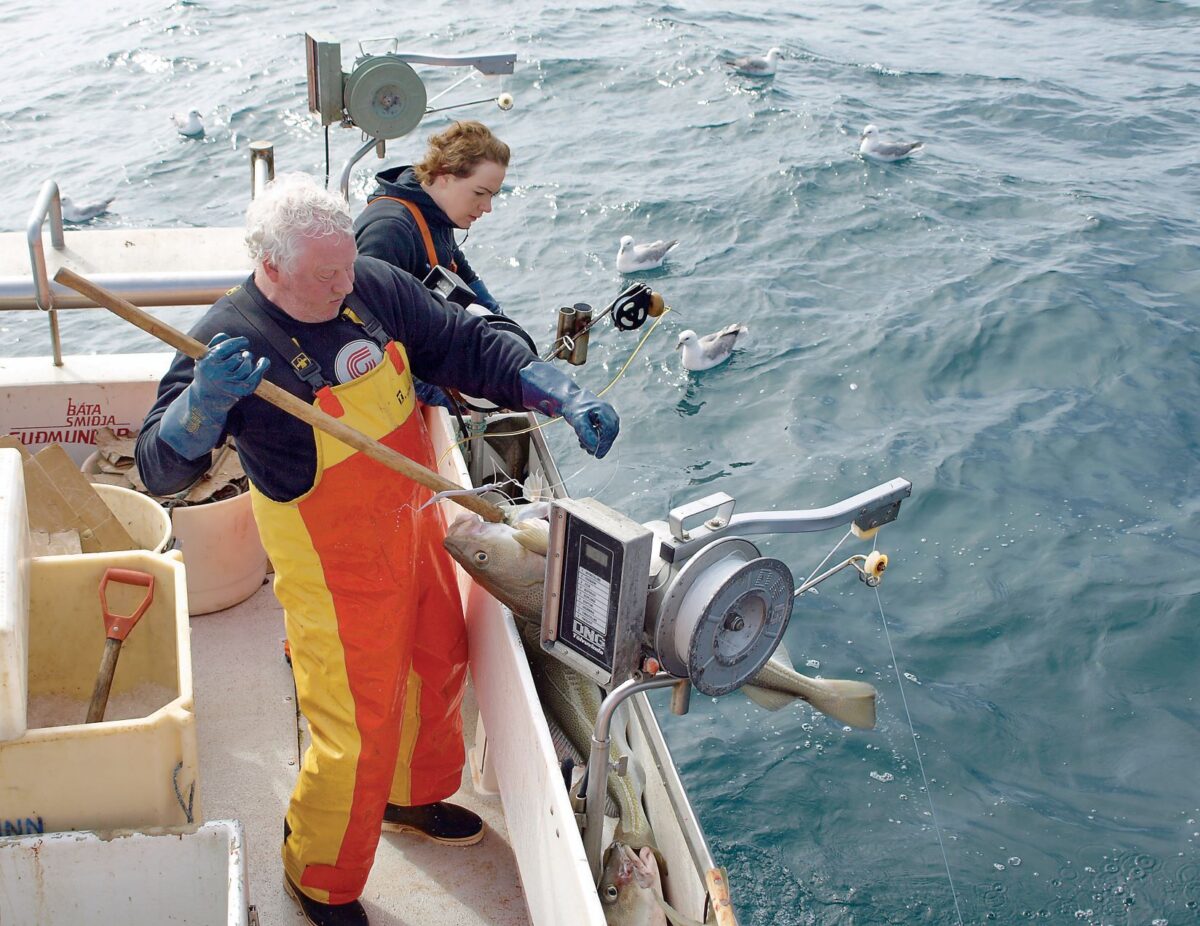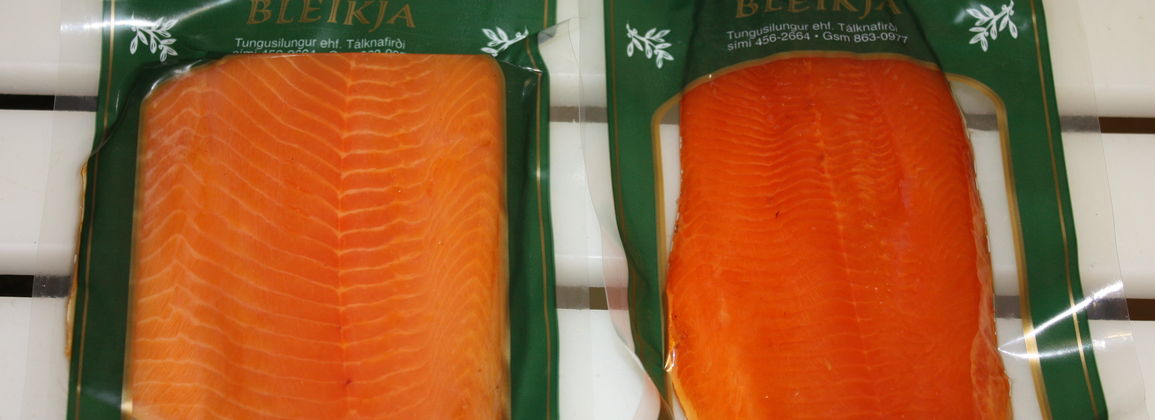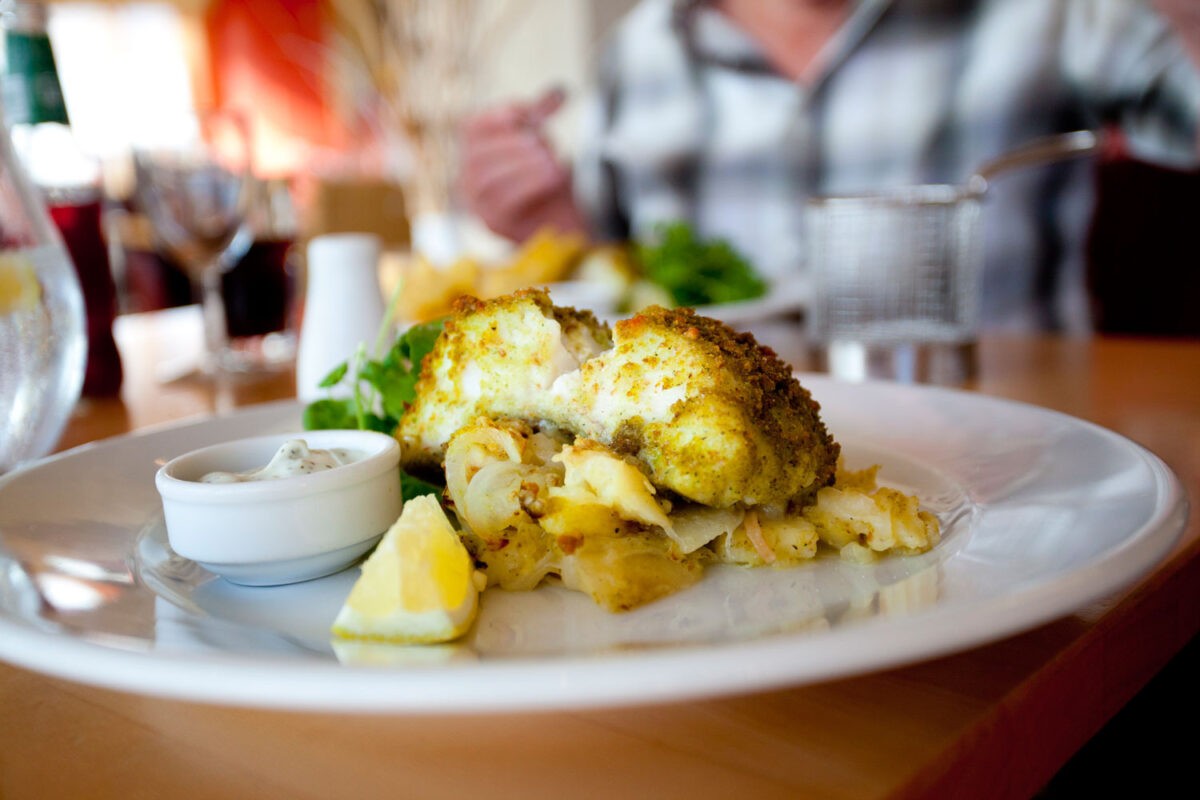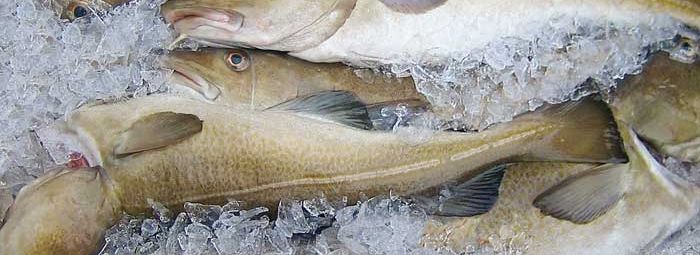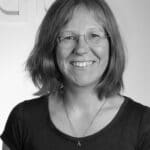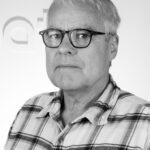The conversion of catches into export value is crucial for the economy. Utilization and processing of marine products is involved. Just as processing is about respect for consumers and raw materials, utilization is about respect for raw materials and the environment, while co-creation is about respect for society and resources. Many people claim a lot about full processing and utilization. Along with the assertion, there is unnecessary discrimination, as products are classified fairly freely as primary and secondary.
Gray (laid) halibut
Certainly, the goal is to make the best use of all inputs in the most profitable way. The competition must not be the utilization rate alone, the values drive society forward. Melting, a processing method that uses all the raw material, although the yields are not high in excess of the fat and protein content of the raw material, the catch is all disposed of in one and the same processing method, and nothing is left, the same applies to whole fish freezing, processing but the value is hardly desirable, if further processing is possible.
Is finishing processing all the raw materials or the treatment that is necessary so that the consumer needs to handle the food as little as possible? Is full utilization to minimize what goes to waste in the handling of every link in the chain from boat to boat? Does the utilization depend on the use of raw materials, the complexity of processing, the use of processing equipment or the utilization of opportunities for value creation? Utilization of one party, group of companies or combined of all those who handle seafood in this country?
Naturally, by-products fit well into the minds of Icelanders who are given to thinking about extras. People focus on what creates the most income for each one, a diverse society accommodates different emphases, what is a side issue of one is the main product of another. Everyone strives to do what he does and some have achieved great success. As statistics show the high value of cod, it is possible to ask whether haddock is a by-product of cod? All fish should be considered as a raw material for valuable products. Circumstances in each case limit people's ability to act and affect utilization and value creation. It is more appropriate to remind people to take fish oil than to take a by-product.
All the forward-thinking people who succeed in creating value from untapped opportunities that lie in what is not usually consumed are to be commended for their ingenuity. Although it is possible to tailor clothes from red, the fish will be rowed along the edible part, for the time being. A limited amount of raw materials requires that the most value is created from each fish, where foresight is important.
Opportunity to do better
Those who want to try to spend their time convincing people that sloppiness is positive, because it rhymes with courage, can try it. But more people are more likely to think sluggishness is negative, perhaps because it rhymes with gore, so it needs to be clear that the Icelandic fisheries sector is not sluggish, but the Icelandic fisheries sector is an exciting platform for responsible value creation in sustainable ways from different needs in diverse markets create.
For further information Arnljótur Bjarki Bergsson, division manager at Matís.


